Summer evenings spent outdoors with your furry companion can quickly turn into a swatting frenzy if pesky mosquitoes decide to join the party. But before you resort to chemical-laden repellents that might irritate your dog’s sensitive skin, consider the power of nature’s bounty. Here’s where dog-safe plants that repel mosquitoes naturally come to the rescue!
These botanical wonders not only add beauty and fragrance to your yard, but also create a delightful, mosquito-free zone for you and your four-legged friend. Let’s show you these natural deterrents and explore how to create a haven for relaxation, free from the buzz of unwelcome guests.
This post may have affiliate links. This means that sometimes when you click a link on our site and make a purchase on Amazon, we may earn a small commission at no additional cost to you. We only recommend products we truly believe in, and your support helps keep us running!
Why Choose Dog-Safe Mosquito Repellent Plants?
Chemical repellents containing DEET might offer effective protection, but they can be harsh on your dog’s skin and even cause neurological problems in some cases. If your dog likes to explore every nook and cranny of the yard, accidental ingestion becomes a concern.
Dog-safe mosquito repellent plants, on the other hand, provide a gentle and long-lasting solution. Most of these plants work by emitting strong-scented essential oils that repel mosquitoes. Additionally, some varieties even disrupt the breeding cycles of these pesky insects.
Here are some key benefits of using dog-safe mosquito repellent plants:
- Safe for your furry friend: No worries about skin irritation or accidental ingestion.
- Natural and eco-friendly: Free from harmful chemicals, good for the environment.
- Long-lasting protection: Plants continuously release repelling scents throughout the season.
- Low maintenance: Most of these plants are easy to care for and require minimal maintenance.
- Beautiful additions to your landscape: Enhance the aesthetics of your yard with fragrant blooms and lush greenery.
6 Dog-Safe Plants That Repel Mosquitoes Naturally
Now that you’re convinced about the power of these natural warriors, let’s explore some of the top contenders:
The Culinary Crusaders:
1. Basil

This versatile herb isn’t just a pizza topping superstar! Basil varieties like lemon basil and cinnamon basil boast strong citronella-like scents that effectively deter mosquitoes. Plant them in containers near patios or walkways for added protection and a burst of fresh flavor for your culinary adventures.
2. Rosemary
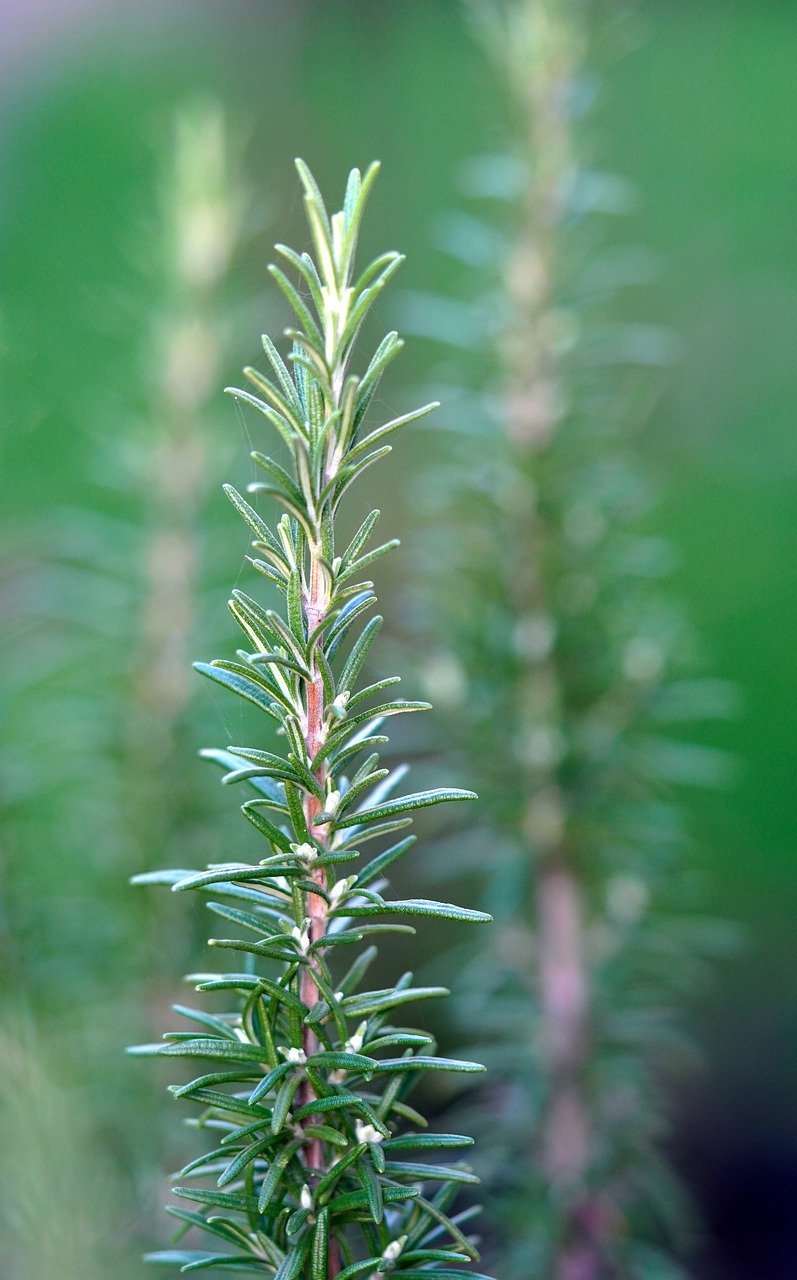
This fragrant evergreen shrub not only adds a touch of sophistication to your garden but also repels mosquitoes with its pungent aroma. Rosemary thrives in well-drained soil and requires minimal maintenance, making it a perfect choice for busy pet owners.
The Fragrant Fortresses:
3. Lavender
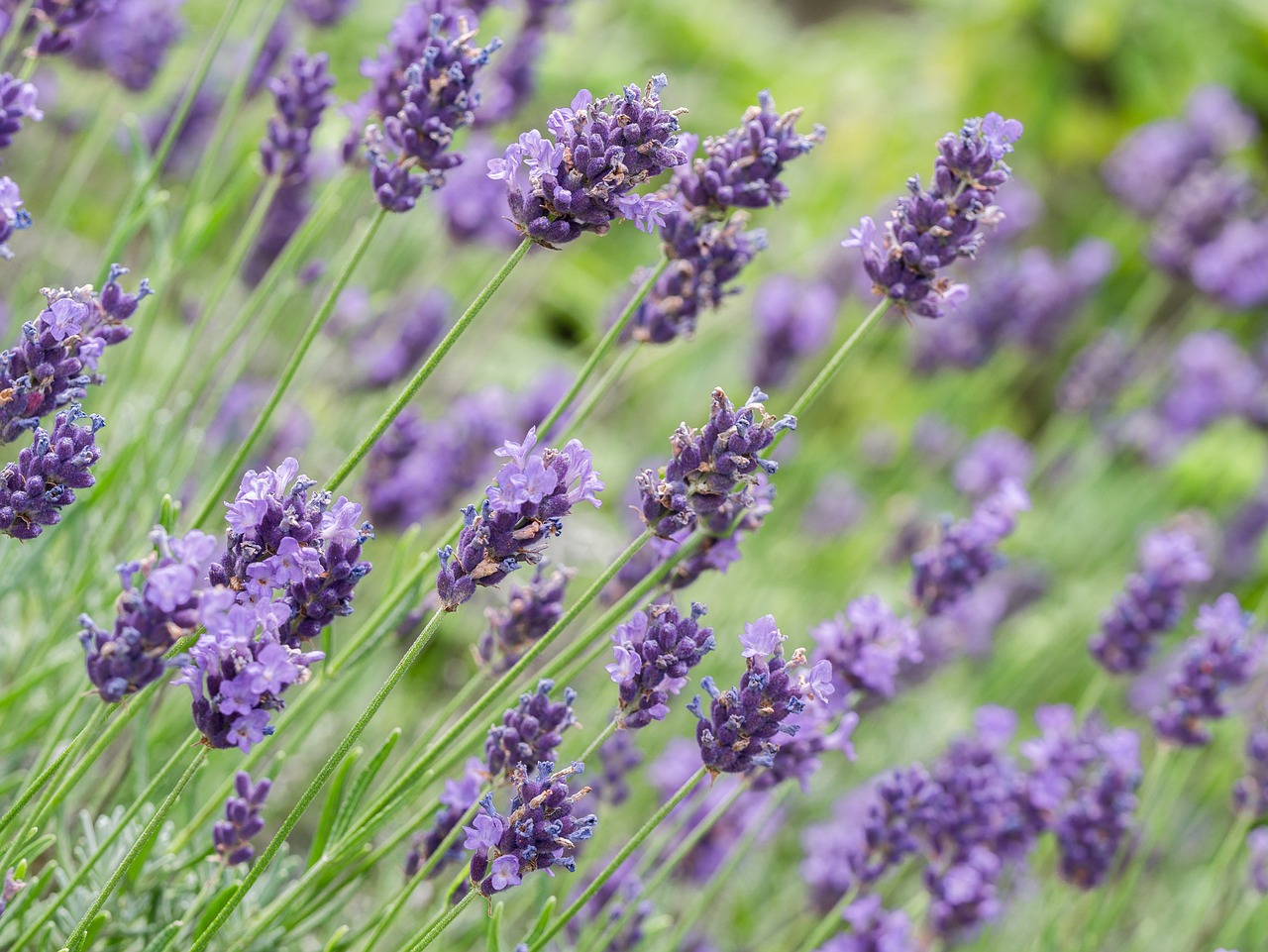
Known for its calming properties and beautiful purple blooms, lavender is a multi-talented wonder. Its strong floral scent effectively repels mosquitoes, while also attracting beneficial pollinators like butterflies and bees. Plant lavender in borders or edging for a visually stunning and fragrant barrier.
4. Lemon Balm
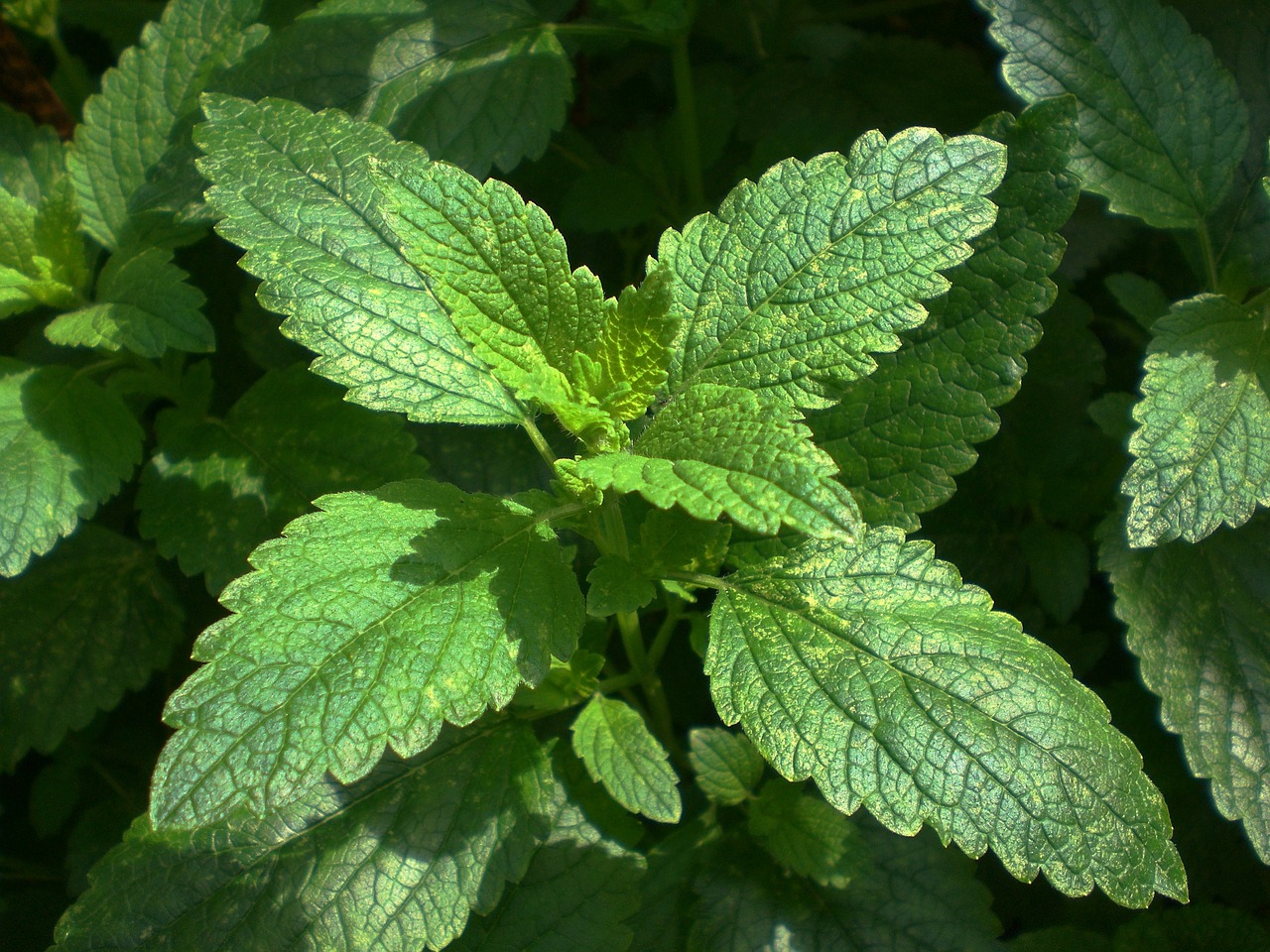
This member of the mint family releases a lemony fragrance that deters mosquitoes and creates a refreshing ambiance in your outdoor space. Lemon balm is quite easy to grow and thrives in both full sun and partial shade.
The Colorful Companions:
5. Marigolds
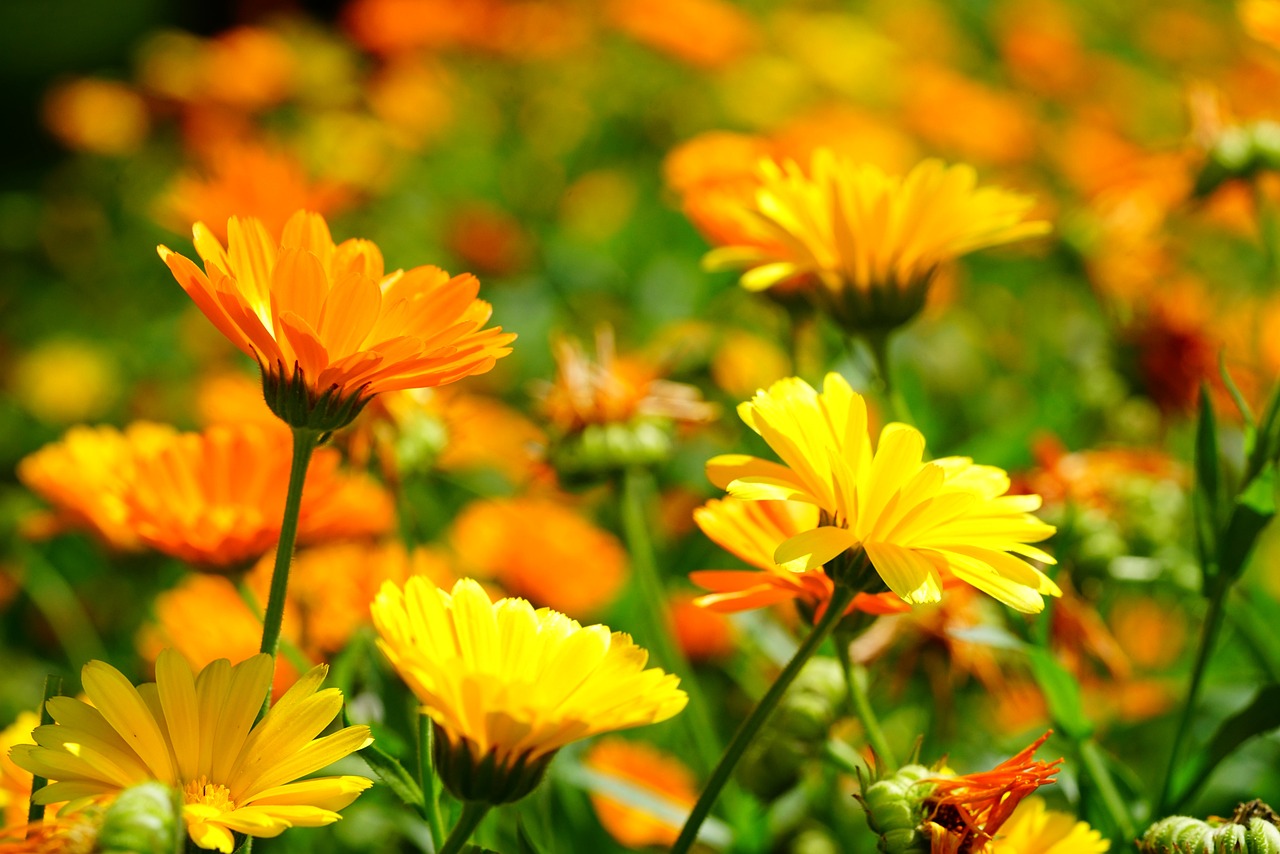
These cheerful blooms not only brighten your garden but also pack a punch against mosquitoes. Marigolds contain a natural insect repellent called pyrethrum, which effectively disrupts the nervous system of these flying pests. Choose from a variety of colors and plant them around the perimeter of your yard for a vibrant and protective border.
6. Citronella Grass
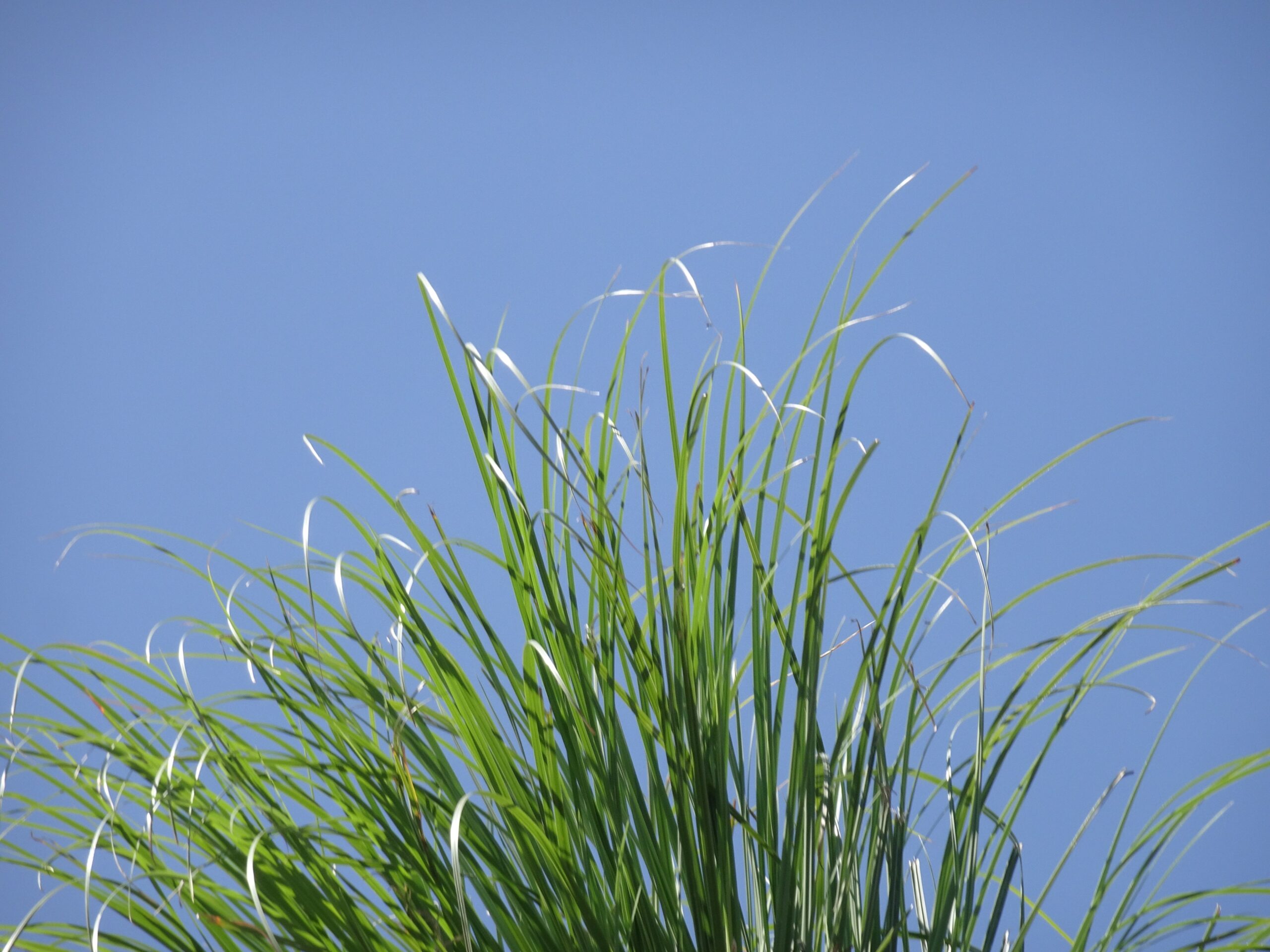
This tall, ornamental grass is a powerhouse when it comes to mosquito deterrence. Its strong citronella scent effectively repels these unwanted visitors. While citronella grass thrives in warmer climates, it can be grown in pots and brought indoors during colder months.
Planting and Maintaining Your Mosquito-Repellent Paradise
Once you’ve chosen your plant warriors, it’s time to create your very own bug-free oasis! Here are some helpful tips for planting and maintaining your mosquito-repellent haven:
- Research your plants: Different plants have varying sunlight and soil moisture requirements. Ensure you choose varieties that thrive in your climate zone and can tolerate your existing soil conditions.
- Strategic placement: Plant your chosen repellents near patios, seating areas, and doorways to create a concentrated zone of protection.
- Companion planting: Consider incorporating mosquito-attracting plants like catnip (safe for dogs in small quantities) in a separate area to further divert mosquitoes away from your main hangout spots.
- Proper care: Following proper watering, fertilizing, and pruning practices will ensure your plants remain healthy and maximize their mosquito-repelling potential.
- Deadheading: Regularly removing spent flowers encourages continuous blooming and maintains the overall aesthetics of your garden.
- Mulching: Apply a layer of organic mulch around your plants to retain moisture, suppress weeds, and create a microclimate that benefits the plant’s health.
- Winter considerations: Some plants like citronella grass might not survive cold winters. If planting in containers, bring them indoors before the first frost. Alternatively, choose cold-hardy varieties like rosemary and lavender for year-round protection.
Beyond Plants: Enhancing Your Mosquito-Free Zone
While dog-safe plants are a powerful tool in your mosquito-fighting arsenal, a multi-pronged approach is key to achieving optimal results. Here are some additional strategies to consider:
- Eliminate breeding grounds: Mosquitoes breed in stagnant water. Regularly empty birdbaths, wading pools, and any containers that might collect water around your yard.
- Minimize nighttime lighting: Mosquitoes are attracted to light. Use strategic lighting only when necessary and opt for low-wattage bulbs during evenings.
- Natural predators: Encourage the presence of natural mosquito predators like dragonflies, bats, and certain species of fish in your garden pond (if you have one).
